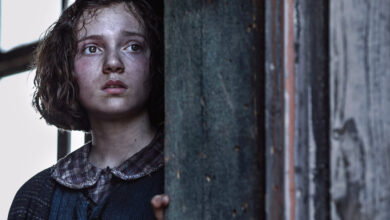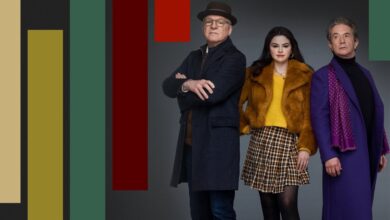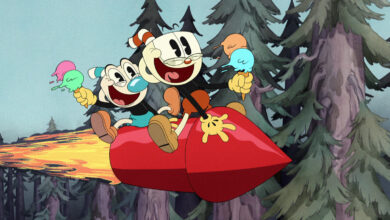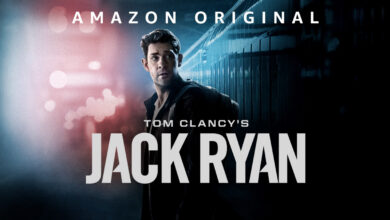Vikings Valhalla Season 3 Review: We Say Goodbye To A Series That Has Always Lacked Something
Cast: David Oakes, Taylor James, Kayode Akinyemi, Sharon McCoy, Florian Munteanu, Amalia Holm, Nikolai Kinski, Set Sjöstrand, Kateryna Bratchyna, Marcin Dorocinski
Director: David Frazee
Streaming Platform: Netflix
Filmyhype.com Ratings: 3.5/5 (three and a half stars)
Vikings Valhalla Season 3 closes its doors with a third season that continues in the same vein as the previous ones, combining fantasy (a lot) with historiography (only when necessary) to guide us into the lives of the men and women who made the history of the so-called North Sea Empire of the 11th century, when the British and Nordic populations, through wars, treaties, alliances and dynastic feuds, changed the history of the Scandinavian countries, France and Great Britain forever. Many, perhaps too many, characters, as in the tradition of Vikings, of which this spin-off series has tried to collect the legacy and iconicity, without ever truly succeeding.
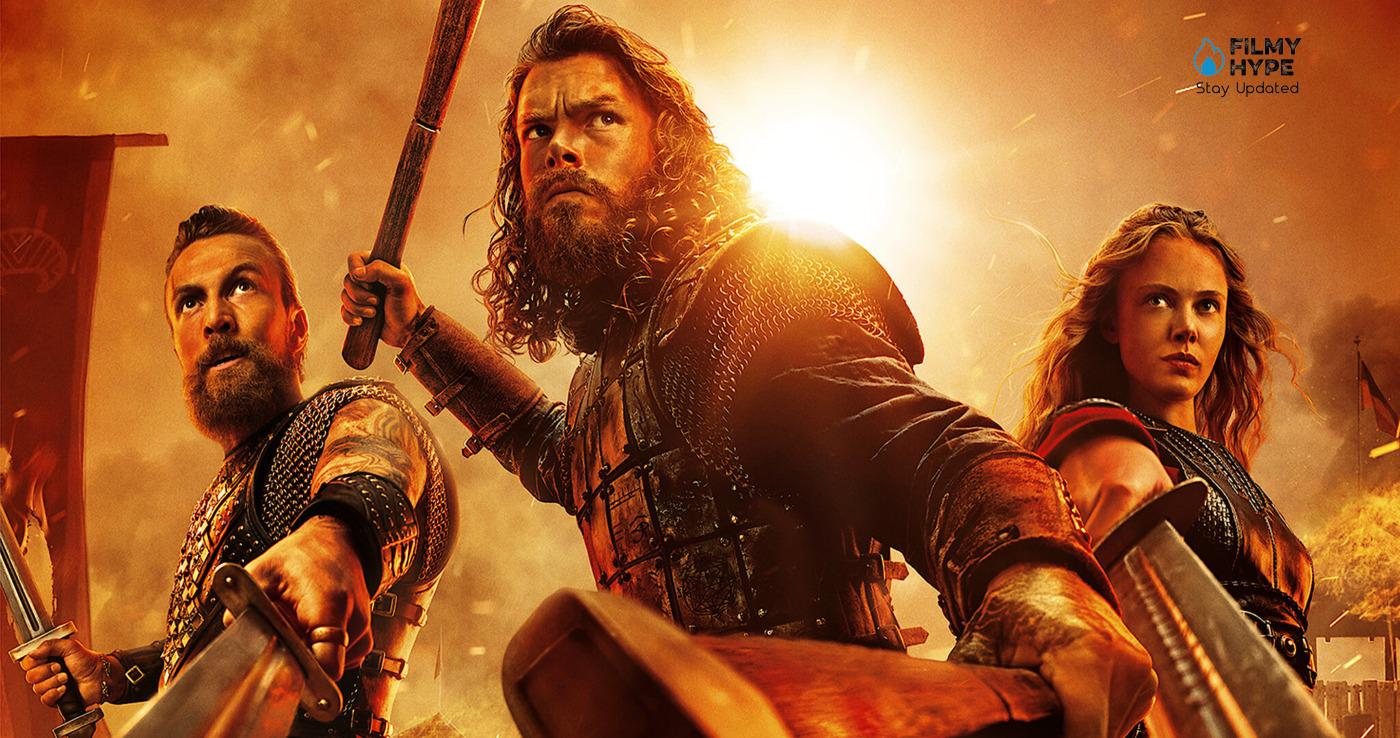
On July 11, the third and final season of Vikings: Valhalla was uploaded to Netflix. It is the final season that comes after the platform decides to cancel the Vikings spin-off series and that tries, as best it can, to close the circle of a choral narrative that never really took off. Here, then, are Leif, Freydis, and Harald, scattered across the known world but whose destinies remain inextricably linked. Born in 2022 as a spin-off and sequel to the now iconic family saga by Michael Hirst (here executive producer), the series created by Jeb Stuart and set a century after the events of the main story, has continued for three years to intertwine History and affection, violence and adventure, against the backdrop of a world prey to epochal changes. A winning formula more on paper than for its actual results, which leads Vikings Valhalla to be more of a failed promise than a worthy heir to the progenitor series.
Vikings Valhalla Season 3 Review: The Story Plot
Vikings: Valhalla Season 3 picks up where we left off. Harald Hardrada (Leo Suter) continues his rise to power as commander at the court of the Byzantine Emperor Roman III Argyros (Nikolai Kinski), to whom his beloved Zoe (Sofya Lebedeva) has been given as a wife, but he has to deal with the jealousy of General George Maniaces (Florian Munteanu). Together with Leif Erikson (Sam Corlett), he covers himself in glory, fighting in Sicily against the Saracens, but Leif soon begins to want to leave again to discover other seas, and other people, to see what lies beyond the horizon. Meanwhile, Canute the Great (Bradley Freegard) and Queen Emma of Normandy (Laura Berlin), went to Rome, to the Pope’s court, to try to reconnect after countless monasteries in England had been completely destroyed and razed. For the royal couple, the future is uncertain also due to the difficulty of finding a worthy heir among the new children and those of Emma’s previous marriage to Ethelred II.
Uncertainty is also increased by the plots hatched by their advisor Godwin (David Oakes), always looking for a glimmer of hope for his gain. Meanwhile, Freydís Eiríksdóttir (Frida Gustavsson) must defend her settlement from the raids of the sons of the evil Olaf, who she finally kills at the end of the second season. On her way, her father, the legendary Erik the Red (Goran Višnjić), will return to life, exiled for crimes in Greenland which will be just one of the many lands touched also in this last act by the Viking drakkars in their epic. Vikings: Valhalla Season 3 when it came out, promised to continue the path of that Vikings, which started quietly in 2013, then bewitched the world with wise writing and an excellent cast, capable of bringing back to life the men and women who in the ninth century, made the Vikings protagonists of European history.
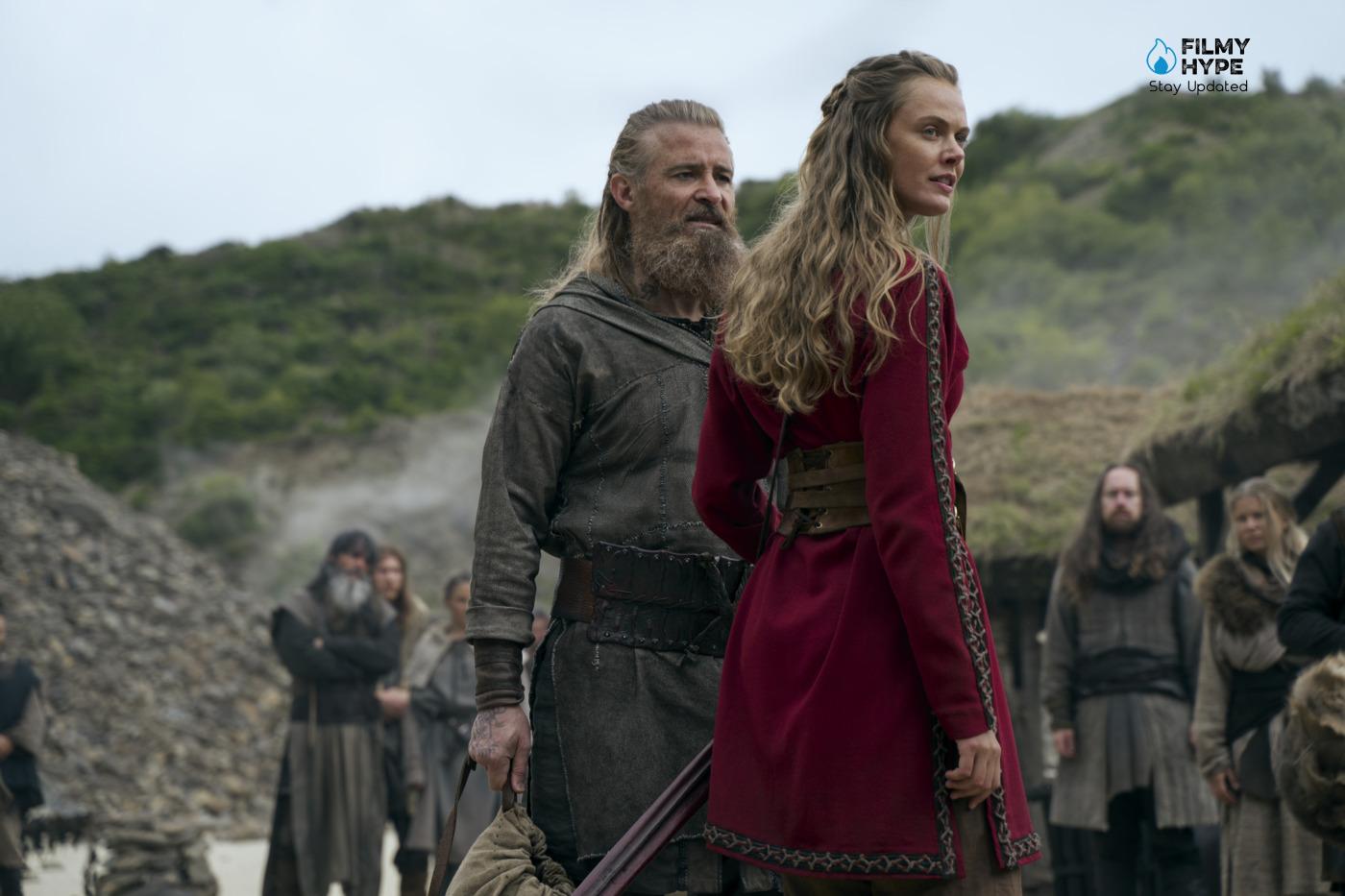
If after the departure of the iconic Ragnak by Travis Fimmel, the series had gradually waned until the epilogue in 2020, it is not that Vikings: Valhalla has ever given the impression of being able to satisfactorily collect the legacy, nor of having the ability to create anything exciting. The truth is that Vikings: Valhalla has always been a sort of younger brother. Not because there was a lack of material on which to create a convincing narrative, indeed, if possible, the historical facts of the eleventh century and its protagonists were theoretically far superior to the era of Ragnar Lothbrok.
However, the right atmosphere has always been missing, also a question of budget, of style, of a search for an excessively glossy and neutral tone, devoid of that greater depth, that desire to fully embrace the Norse worldview with their myths, superstitions, contradictions, and cruelty, which made Vikings an absolutely unique series in its genre. Here, everything sometimes seems to veer much more towards The Last Kingdom, another medieval product from Netflix, absolutely honest, which ended last year. But even in this case, between the original and the derived hybrid product, the first always wins anyway. Also, the fault of a cast that, poorly supported by the writing, far too fragmented, has never objectively been up to the level of Travis Fimmel and co. In this, Vikings: Valhalla Season 3 is a confirmation, although the whole thing naturally turns out to be acceptable, and pleasant at times, even if visually it is often clearly a B-series product.
Vikings: Valhalla Season 3 Review and Analysis
Among the various narrative segments, as in the two previous seasons, it is above all that of Leif Erikson that is the most interesting, not only for the interpretation of Sam Corlett but also for how this solitary, tormented man has been made a sort of epigone of Ulysses. An interesting operation for sure, even if perhaps he deserved more in-depth developments and more space. The parenthesis in the Byzantine Empire is disappointing, not only for its rather poor staging but also for how the character of Harald is involved in a sort of rather boring melodramatic intrigue. In the role of Canute, the Great, Freegard confirms himself as the best actor of the series, with this fascinating monarch, the very essence of historical power in its most ruthless but also most honest vision. In this third season, he has to face old age and act almost as his alter ego, always speaking of great leaders, there is him, Erik the Red, a legendary figure of Viking history. Goran Višnjić is charismatic, but it is certainly absurd how much Erik has been guiltily ridiculed here.
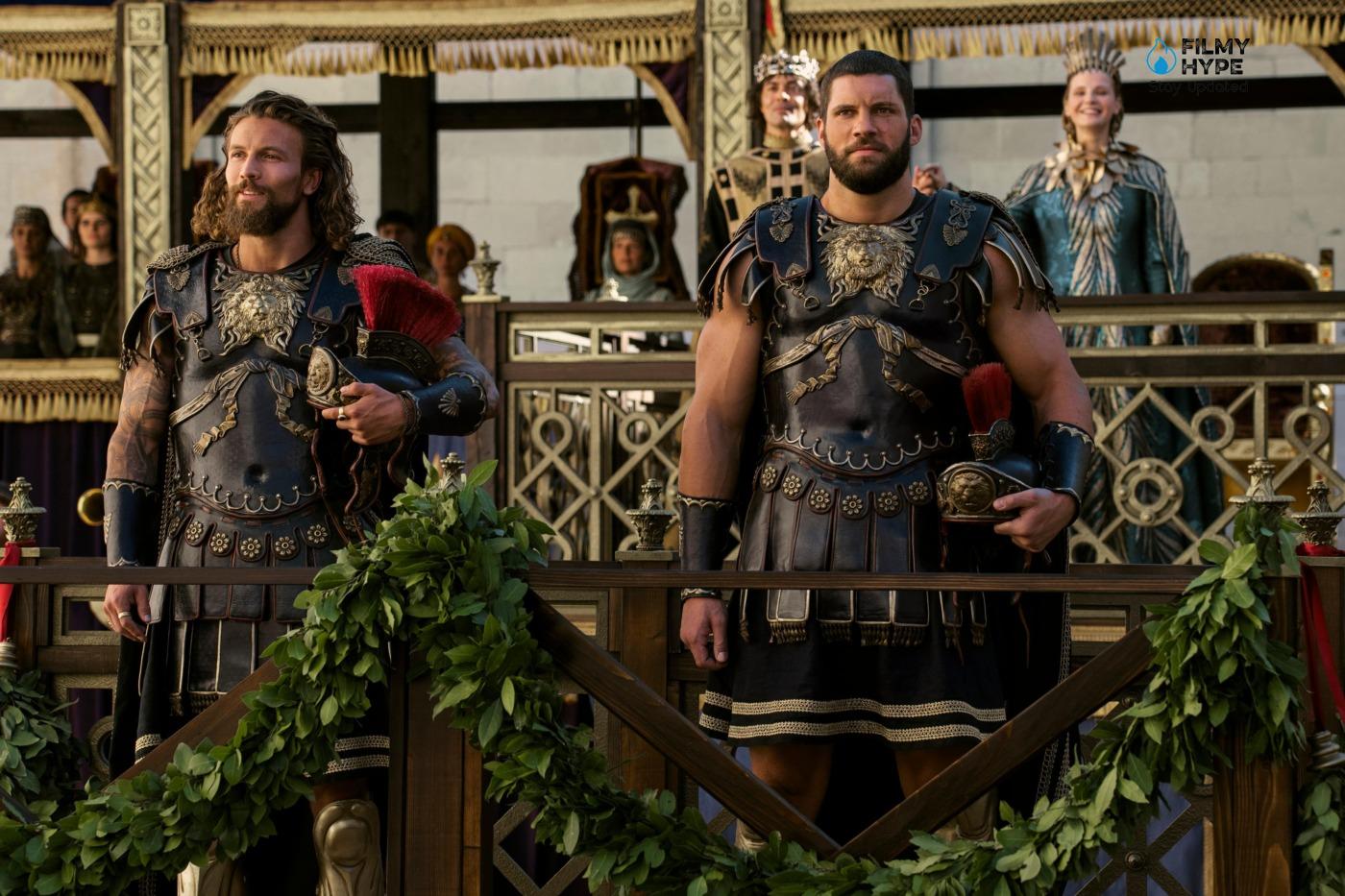
Which reminds us that very often, the writers do not have clear ideas about who offers the best narrative potential and certainly the most famous Viking of all time deserved much more treatment. Always making a comparison with the original Vikings, Vikings Valhalla even in this third season does not offer a particular evolution, it insists too much on family and sentimental dynamics, and above all it lacks a nemesis, even just one, who is up to the past. The mass scenes in Vikings Valhalla Season 3 are not very well cared for, the direction is the most scholastic and predictable there is, and even the costumes and the scenography are not always convincing, giving once again the impression that especially this third season, was closed in a hurry by Netflix. Vikings Valhalla Season 3 however knows how to give good twists and offers a representation and analysis of the fight for the throne that at least perfectly renders the idea of the chaos that in the mid-11th century made the Scandinavian peninsula, Denmark, and especially Great Britain a gigantic battlefield.
Vikings Valhalla has never lived up to the original series, but at least it has managed to take us into those ancient times, when the world was much larger, and unknown, when the Norsemen aboard those strange ships, went everywhere around the globe, from Sicily to the American continent, from the Arctic to North Africa. No people today still arouse the fascination and embody the concept of freedom and adventure like the Vikings, whose glorious days we witness here, not so much due to the battle of Stamford Bridge, but even before that to evangelization, to the Christian cult that tamed them, made them sink into homologation. From this point of view at least, Vikings Valhalla has never hidden, without however ever managing to reach the complexity, the beauty, of a character like Atelstan, who gave us the visceral and penetrating strength of the cult of Odin among the peoples of the North, another element that had made Vikings in its time what this series derived from it is not even in this third season: a journey of the mind.
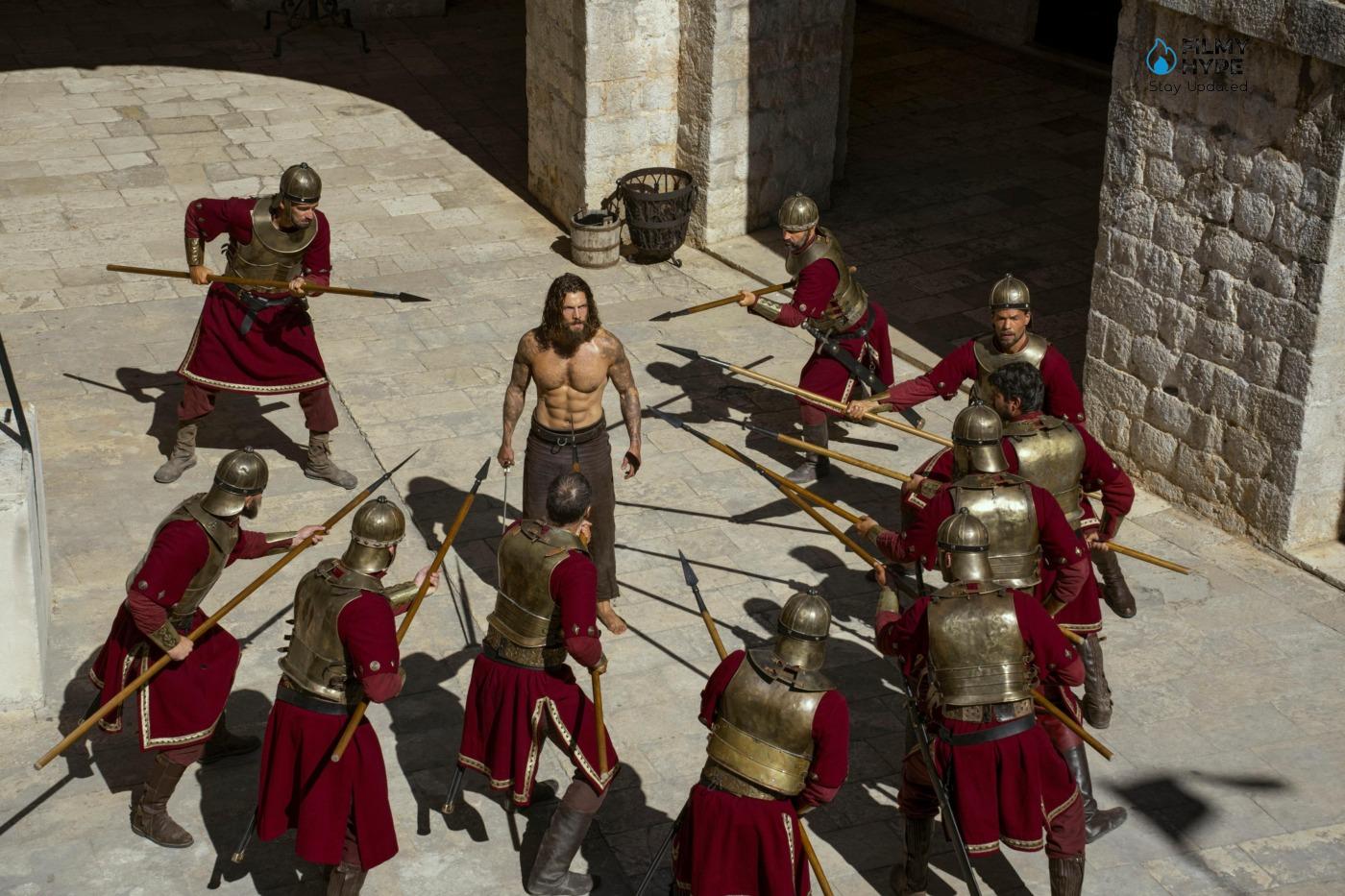
It is not always easy to collect the legacy of a successful title, replicate its epic, and all those elements that made it successful. If already in its first season, Vikings Valhalla had raised more than one doubt, still giving hope for the following seasons, with the second year it had already become clear that the model of the mother series was now unattainable. It is therefore not surprising that this third season has officially become the last, taking on the burden of having to conclude all its narrative arcs prematurely. No small feat, especially when dealing, as in this case, with History with a capital H. After all, it certainly cannot be said – between kingdoms to divide, alliances to build, and emperors to please while, in the background, Christianity advances unstoppably – that the historical period chosen by Jeb Stuart as the setting for his series is not full of events and upheavals.
An explosive potential, therefore, capable of guaranteeing an epic narrative of great scope but, as in the previous season, partly wasted by following specious narratives, adventures in which the characters seem to almost go around in circles, touching on obligatory stages of the case (Leif’s aimless journey, almost a pretext to show new locations, between the Mediterranean and the Nordic countries), only to then find themselves in the right place at the right time. It is an eternal return, after all, that Vikings Valhalla seems to be stuck in. A continuous re-proposal of places, situations, and even character types from the past, makes the series seem more interested, perhaps, in pleasing old fans rather than moving the narrative forward. It is in this perspective that even the introduction of new characters (from the mysterious Stigr to the “villains” Magnus, Maniakes, and Erik the Red) seems specious, an attempt to liven up the story by introducing small variations to a now consolidated and well-known plot.
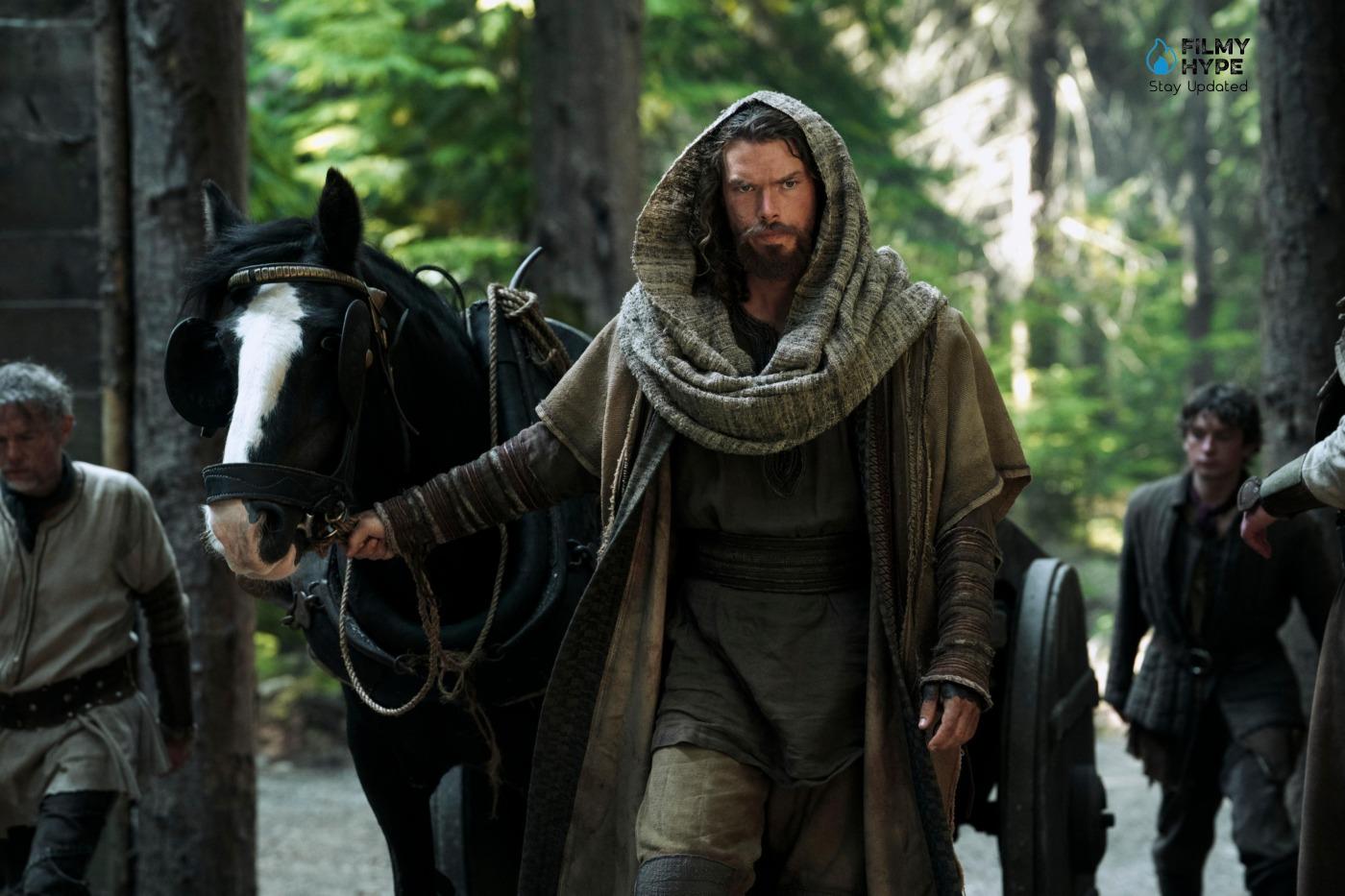
On the other hand, this season certainly did not have an easy task, forced as it was to give a semblance of completeness to a story still far from its natural conclusion. It is evident how the narrative arcs of the characters are here concluded forcibly before their time or simply left hanging, often simplifying their destinies, desires, and aspirations (Leif wants to discover a new land, Freydis wants a home for her people, Harald wants the kingdom of Norway) and making them more two-dimensional than they were at the start. Through an increasingly choral narrative, made of continuous changes of location, bloody clashes, and palace intrigues, Vikings Valhalla continues to look – perhaps even more than the original series – to the example of Game of Thrones, without knowing how to replicate the winning formula, unable to make its plots and the relationships between its characters something more than a tired re-proposal of situations already seen. A shame given the premises.
Vikings: Valhalla Season 3 Review: The Last Words
Overall, Vikings: Valhalla Season 3 is a satisfying conclusion to the series for many viewers, offering strong character development, historical context, and exciting adventures. However, some may be disappointed by the rushed ending and historical inaccuracies. The historical period in which the series is set is rich in events and little known to the general public. Character arcs are wrapped up abruptly, turning them into more two-dimensional figures than usual. Many narrative twists seem contrived, giving the impression that the characters are spinning their wheels. While the focus shifts to character development, there are still impressive battle sequences and thrilling adventures throughout the season.



